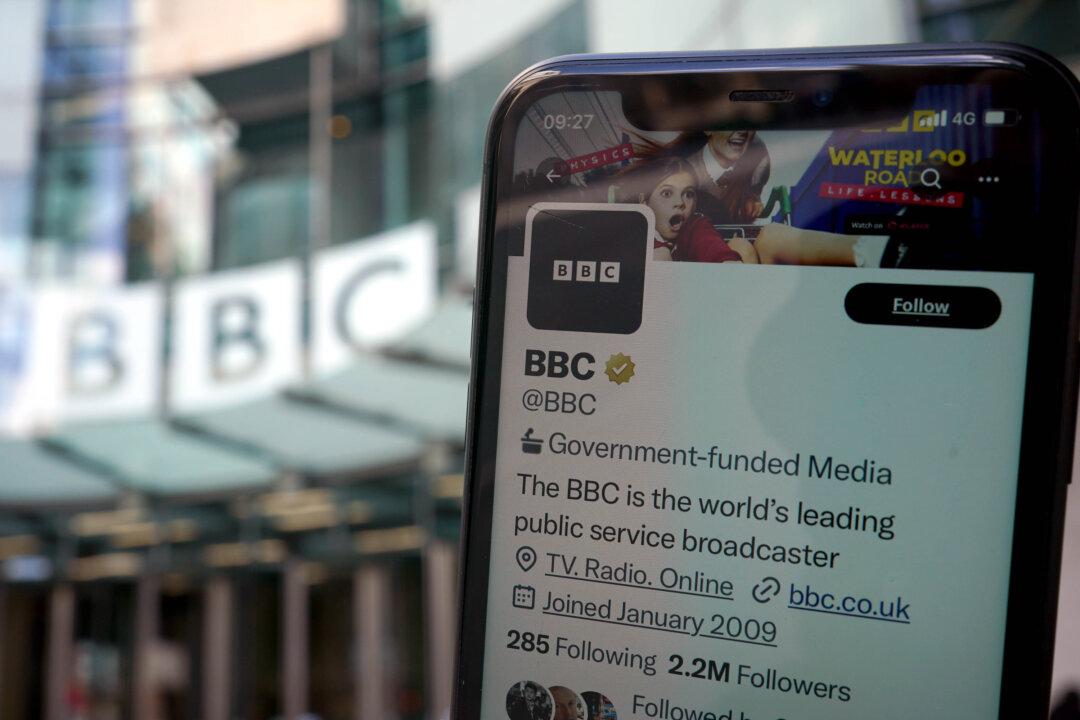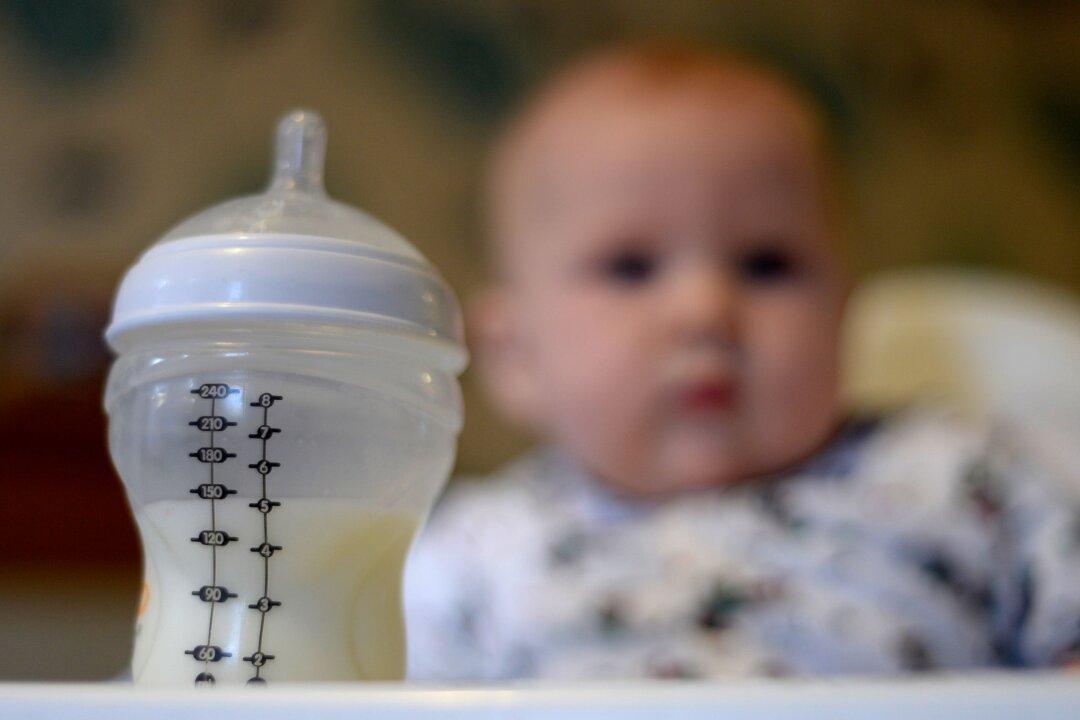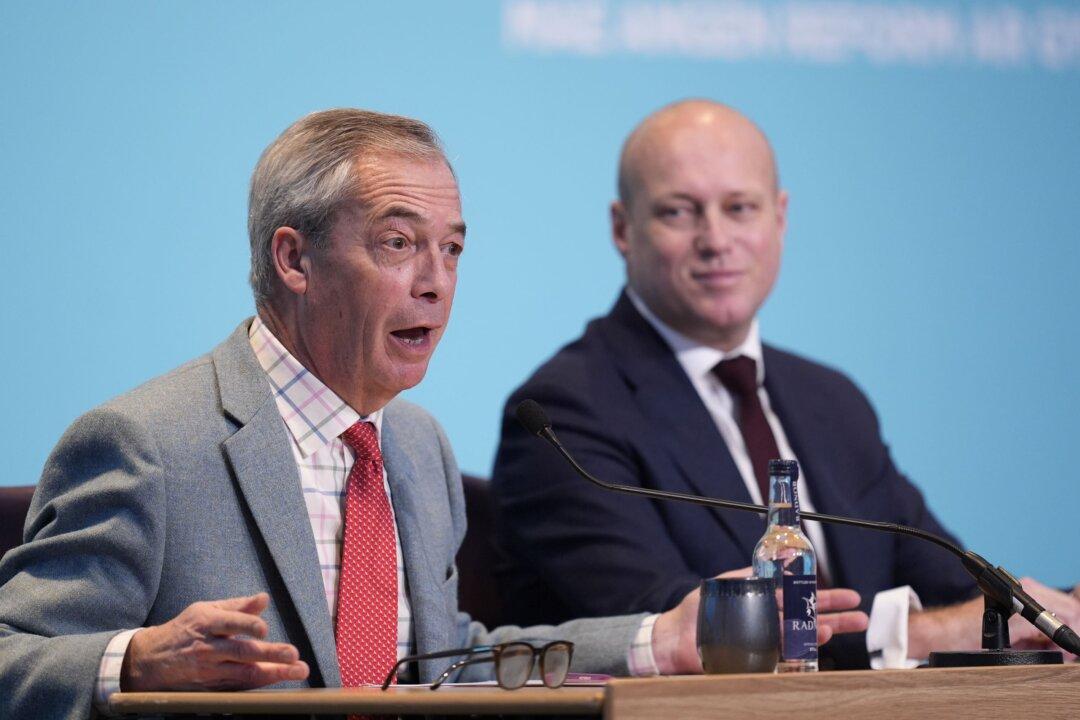Prime Minister Sir Keir Starmer has said he is “committed” to the BBC and its TV licence fee.
The annual fee faced years of scrutiny under the Conservative government, with it being frozen for two years at £159 before it was increased at a lower rate than the corporation expected, bringing the charge to £169.50 in April.




